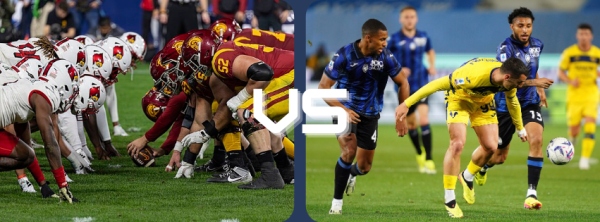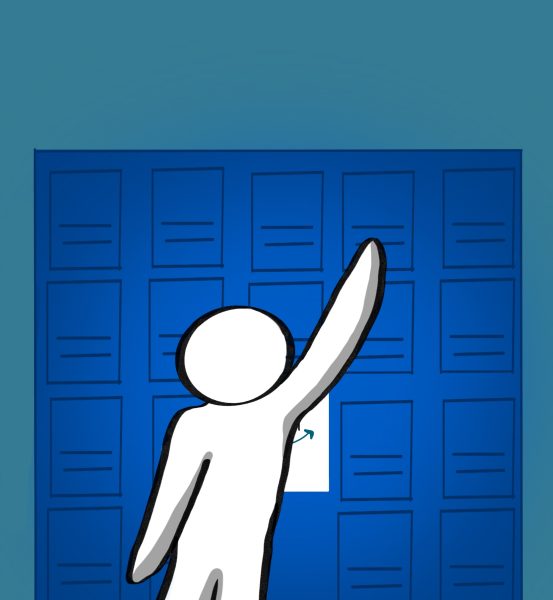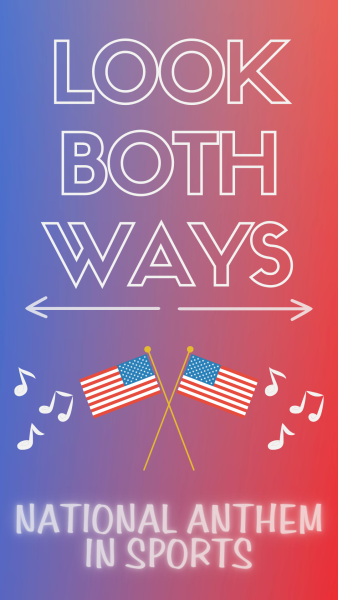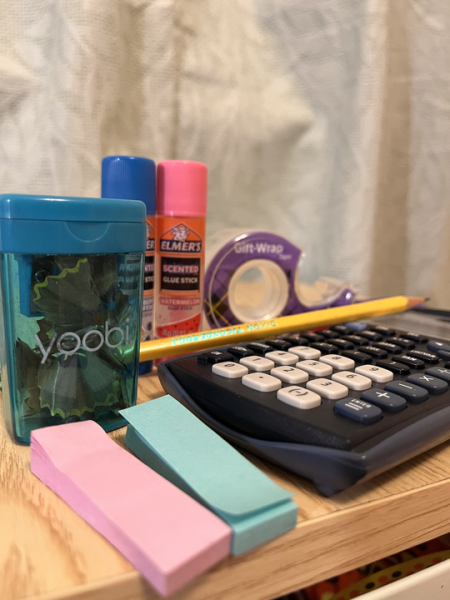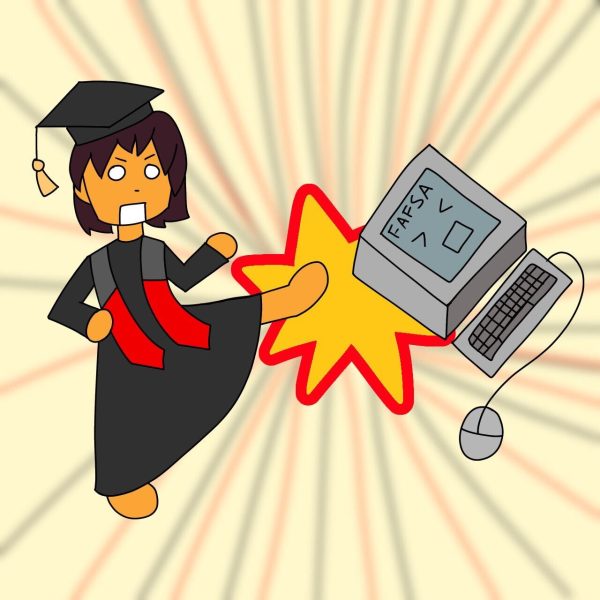How to cut skyrocketing tuition rates
January 28, 1993
Several people gasped and groaned when they read the top story in Monday’s Star. I giggled.
The story was about the skyrocketing tuition rates at NIU. This affects everyone at this school, except people graduating in May, like me.
“What are you laughing at?” Professor Hoke E. Poki asked me.
“Well, it’s like this—people think they’re getting a bargain because they go to a state school, which is usually cheaper than a private school. However, at NIU, in just a couple years, students will be paying up to 47 percent more for tuition than they did last year.”
The professor laughed too.
“Basically, if people want to graduate in four years, they have to take 16 credit hours a semester,” I continued. “If they do, they payed $1,800 tuition per semester last year. By the time they graduate, they’ll pay $2,640. What a rip off.”
There was more laughter from our table at Paul’s Deli.
The reason we were laughing is because I don’t pay tuition, at least not for my Vibeology courses. Professor Hoke E. is the head of the department, and he created a way for his students to take the courses free of charge, and at the same time, he gets paid more than any professor in the country. You see, the Vibeology department is completely commercialized.
“I got the idea at a Blackhawks game,” Dr. Poki told me. “For a long time, the Hawks were one of the only teams in the league not to have advertisements on the boards around the ice. Then, they got smart and commercialized the Stadium. More billboards mean higher salaries for the players and more cars for the owners. Nothing for the fans, but that’s beside the point.
“It’s like that in all sports, actually. Teams, players, stadiums, they’re all sponsored by someone. All that advertising spells big bucks for the athletes and owners.
“Actually, it got pretty sickening at the Olympics. Every product imaginable was the official sponsor of something. The bobsled team had their own laxative, the figure skaters had their own denture cream and gymnasts had their own acne medicine. But anyway, I thought, why not commercialize the classroom? So I did.”
Indeed he did. When you walk into a Vibeology classroom, you see a giant Stroh’s sign hanging over the chalkboard. The erasers are sponsored by Winston, the desks by Southwest Airlines, and so on.
“It’s a great source of income,” he said. “Large companies jumped at the idea when I approached them with the idea. They realize that there is a large, captive audience in the classroom, so they advertise.
“The best thing about the ads, though, is that the students have something to read if the lecture gets boring. And that happens once in a while.”
All this advertising may sound like it’s gone a little too far. People are constantly bombarded with advertisements every day, everywhere. But the professor assures me that people are quite immune to it.
In fact, Professor Poki thinks it would be great if entire universities would be commercialized. “That way, education could be free for everyone. Money would not stop anyone from getting a college degree. And presidents wouldn’t have to defend yearly increases in tuition.”







